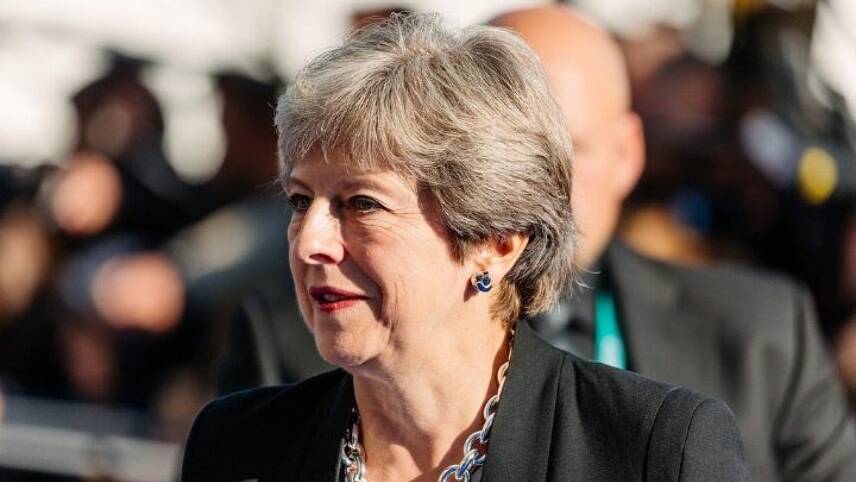Register for free and continue reading
Join our growing army of changemakers and get unlimited access to our premium content

Despite adopting the goals more than a year ago
Firms such as Sainsbury’s, Diageo and Jaguar Land Rover are among the 85 private sector members that have penned a joint open letter to the Prime Minister today (16 January), urging her to “work with businesses to deliver the SDGs”.
The letter calls on May to make an “economy fit for the future” by supporting the SDGs – which were adopted in the UK more than a year ago. The letter wants signals from May which show that the UK Government will “demonstrate to business [its] commitment to deliver the SDGs in the UK.”
Creating transparent reporting frameworks and benchmarks is vital to implementing the SDGs nationwide, the letter states, while all government departments should work with the private sector to develop an SDG “delivery plan”.
‘Enormous opportunities’
The letter was published ahead of the World Economic Forum’s annual meeting in Davos, which starts this week. Last year’s forum announced the formation of the Business & Sustainable Development Commission – a group of more than 35 influential chief executives and civil society leaders.
The Commission’s core aim is to present the economic opportunities that can be obtained if companies and nations successfully embed the SDGs. A new report from the Commission has placed this economic opportunity at $12trn.
In the Better Business, Better World report, the Commission notes that $12trn and 380 million jobs could be generated by 2030 if the SDGs are placed at the heart of global economic strategies.
Around 60 sustainable market hotspots were established in the report, across four key economic areas, which could generate more than 10% of current GDP. Energy, cities, food and agriculture and health and wellbeing should be targeted by governments and businesses to drive economic prosperity, according to the report.
The report calls on governments and businesses to bridge current communication and collaboration divides, becoming “trusted partners” in the process, as a means to enhance civil society and fix the economy.
A business focus on financial interest has led to unequal growth as millions are lifted out of poverty, the report notes. In order to alleviate anti-globalisation reactions across many countries, innovative financing and “new social contracts” between business, government and society will be needed to create new roles for the private sector in generating a fairer economy.
Commenting on the report, Unilever’s chief executive Paul Polman said: “At a time when our economic model is pushing the limits of our planetary boundaries and condemning many to a future without hope, the Sustainable Development Goals offer us a way out.
“Many are now realising the enormous opportunities that exist for enlightened businesses willing to stand up and address these urgent challenges. But every day that passes is another lost opportunity for action. We must react quickly, decisively and collectively to ensure a fairer and more prosperous world for all.”
Despite adopting the goals more than a year ago, an inquiry was launched in July 2016 by the Environmental Audit Committee concerning the speed of implementation of the SDGs in the UK.
The inquiry arrived after concerns from the International Development Committee regarding a “worrying lack of engagement” with the SDGs by government departments and “insufficient” progress on ensuring that the 17 Goals are implemented in British business and culture.
Matt Mace


Please login or Register to leave a comment.